Think paying your bills on time is all you need to do to ensure a good credit score? Think again.
More than one in every four credit reports contains some sort of error, according to a study by the Federal Trade Commission. And 5% of those errors, when corrected, placed the person in a different credit risk tier.
Every adult - and by that I mean everyone, not just those with debt issues - should check their credit reports once a year. It is incredibly easy to check your own report. It is also free if you check your report through the AnnualCreditReport website (steer clear of other "free" credit report sites that may try to charge you for other services you don't need).
Credit reports aren't that hard to read. If you find something on the report that looks like it might be an error, fix it right away. Here's the best way to do that:
1. Contact the Credit Reporting Agency. There are three major credit reporting agencies: TransUnion, Equifax and Experian. They all provide ways to dispute errors through their websites. But I've learned that contacting them in writing can be more effective. The FTC has a sample letter you can use. Include your full name and address and say exactly which item on your report you dispute. Include a copy of the report with the wrong item circled. You can also include a copy of any supporting documentation you have (such as a receipt or billing statement). The credit reporting agency must investigate your claim and report back to you with written findings (you can expect this to take two months). They'll also provide you with another free copy of your report if a change was made. They'll also tell you where the incorrect information came from, which you can use to...
2. Contact whoever provided the bad information. Once you know who provided the bad data that messed up your report, you should contact them in writing as well. Otherwise, they might make the same mistake all over again the next time they report your history to the credit bureaus. You can use the same FTC sample letter, just change the name and address of the recipient.
3. Follow Up. If the Credit Reporting Agency does not fix the error, you can ask that a statement of the dispute be included in future reports. The sad reality is that the big reporting agencies will sometimes deny a fix. If this happens to you, it may be time to call a lawyer who can help with Fair Credit Reporting Act (FCRA)violations. Hopefully you won't need this, but if you do I can offer a free consultation about your FCRA issue and your rights under the law.
The FTC also provides answers to some common questions about credit reports, which is a great place to learn more.
You want an accurate credit report not just so you can get loans and better interest rates. Your credit report might also be reviewed when you apply to open a bank account, rent an apartment, in insurance applications, or even by potential or current employers. So set aside a few minutes each year to get a free credit report and check it for errors.
Image credit: 401(K) 2013

